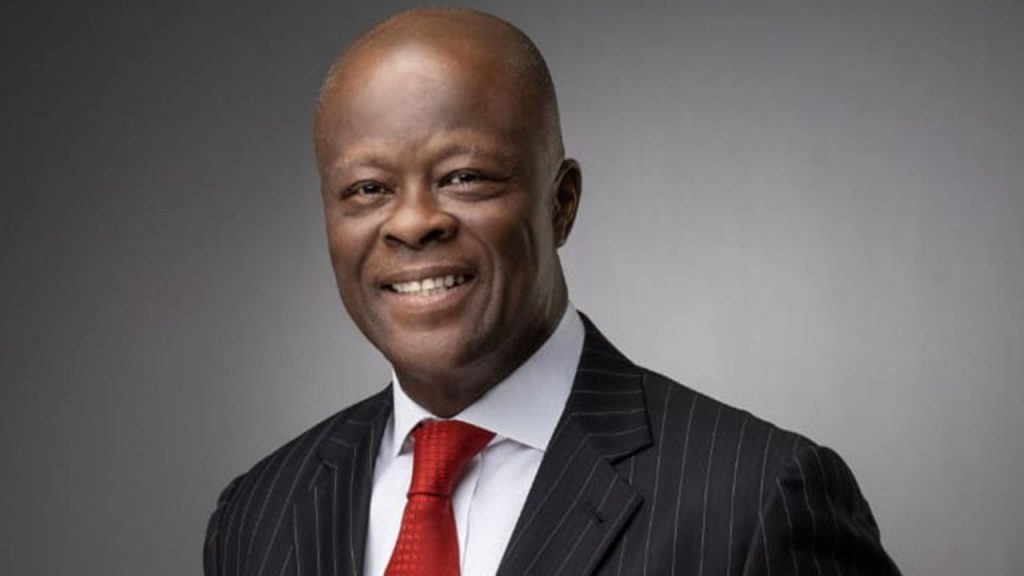Nigeria’s Minister of Finance and Coordinating Minister of the Economy, Mr. Wale Edun, has reaffirmed the country’s position as a secure and promising destination for investment, citing ongoing reforms and renewed economic momentum.
Speaking at the Nigeria Investment Forum on the sidelines of the World Bank/IMF Spring Meetings in Washington, D.C., Edun highlighted the government’s commitment to fiscal stability and structural reforms aimed at revitalising the economy.
“One of the reasons for the new leadership at the Nigerian National Petroleum Company Limited (NNPCL) is to increase production and reduce costs,” Edun said, adding that the administration is also intensifying efforts to diversify the economy and attract private sector participation.
According to the minister, the government is focused on optimising state-owned assets to close budgetary gaps and remains committed to upholding the sanctity of contracts — a principle key to building investor trust.
“We are committed to stabilising the economy so the private sector will find it attractive to invest,” he said. “Our goal is to ensure fiscal congruence and support sustainable growth.”
Edun outlined President Bola Tinubu’s reform agenda, which he said is already producing positive signs of recovery. These include narrowing budget deficits, a stabilising exchange rate, and an improved trade balance.
“The economy is showing signs of growth. We are targeting seven per cent annual growth, and the policies we’ve implemented have laid the groundwork to achieve this,” he stated.
He identified agriculture as a top priority, emphasizing the importance of boosting local production across the entire value chain to enhance food security. “We aim to close the food supply gap not through imports, but by enabling domestic producers to scale and innovate,” Edun said.
Highlighting digital infrastructure as another cornerstone of economic growth, the minister revealed that 90,000 kilometres of fibre optic cable have been deployed nationwide to strengthen connectivity and support Nigeria’s growing tech ecosystem.
In addition, 4,000 kilometres of roads have been put forward for private sector participation, with 1,000 kilometres already approved for delivery.
Meanwhile, Central Bank Governor Yemi Cardoso echoed Edun’s optimism, noting that the government’s tough economic decisions are starting to yield results.
“The difficult reforms undertaken have begun to bear fruit,” Cardoso said. “We’ve managed to stabilise the macroeconomy. Fitch’s recent upgrade of Nigeria’s credit rating reflects the progress we’re making.”
He acknowledged the challenges of the past 18 months but stressed the administration’s resolve to build a stronger, more resilient economy.
“This is about building trust and moving forward with confidence. If we stay the course, we will achieve our goals,” he concluded.










